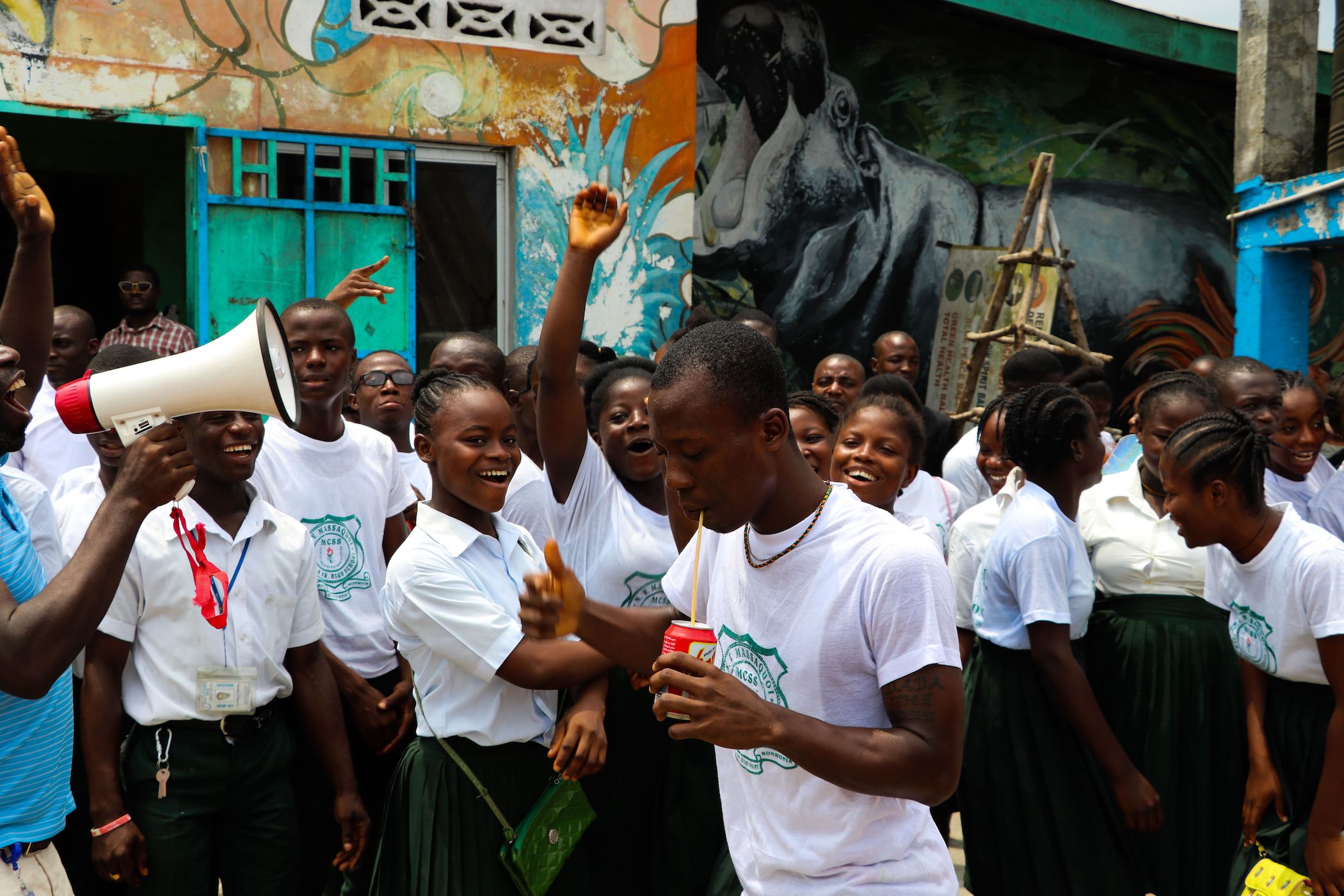This Annual Report reflects the activities and achievements of the Cities Alliance partnership in 2022.

It has been a year where the operating environment has been extremely complex. The post-COVID recovery period required continued adaptation of programme priorities and flexible working arrangements, but also represented continued hardship and need amongst the communities we serve.
The outbreak of war in Europe in February 2022 changed priorities amongst the European donor community. The UNOPS S3i funding issue in March, with a resultant donor financing freeze, meant that available funding became severely constricted at a time when the need was greatest. The ongoing conflict in Ethiopia throughout the year added to this complexity.
The communities where Cities Alliance works have, during this year, faced multiple crises - economic stagnation following the pandemic, increasing unemployment, and food and energy insecurity. Inequalities have soared and the number of people living in extreme poverty has risen. This has not been matched with increased developmental resources.
Despite all this, Cities Alliance has achieved impacts across its programmes through both its global and country window programmes. The partnership has also coalesced for advocacy at key global events such as Africities, the World Urban Forum, COP27, and the UCLG World Congress.
After being unable to physically meet since mid-2019 due to Covid, it was meaningful that members were finally able to convene at our invigorating Assembly, held in Tunis in October. This was also a year of transition with the conclusion of the tenure of Clare Short as the Chair of the Board and the election of Professor Thuli Madonsela as the new Chair and new Board representatives.
Going forward the organisation will need to keep adapting to the current and upcoming challenges for cities including the climate crisis, high levels of migration, vulnerability, and increasing levels of poverty. This will require the extension of our activities to also support the most vulnerable communities in increasingly fragile contexts in countries such as Haiti and Ukraine. Building community resilience and continuing to work towards more inclusive cities will remain at the forefront of our organisation's efforts.





